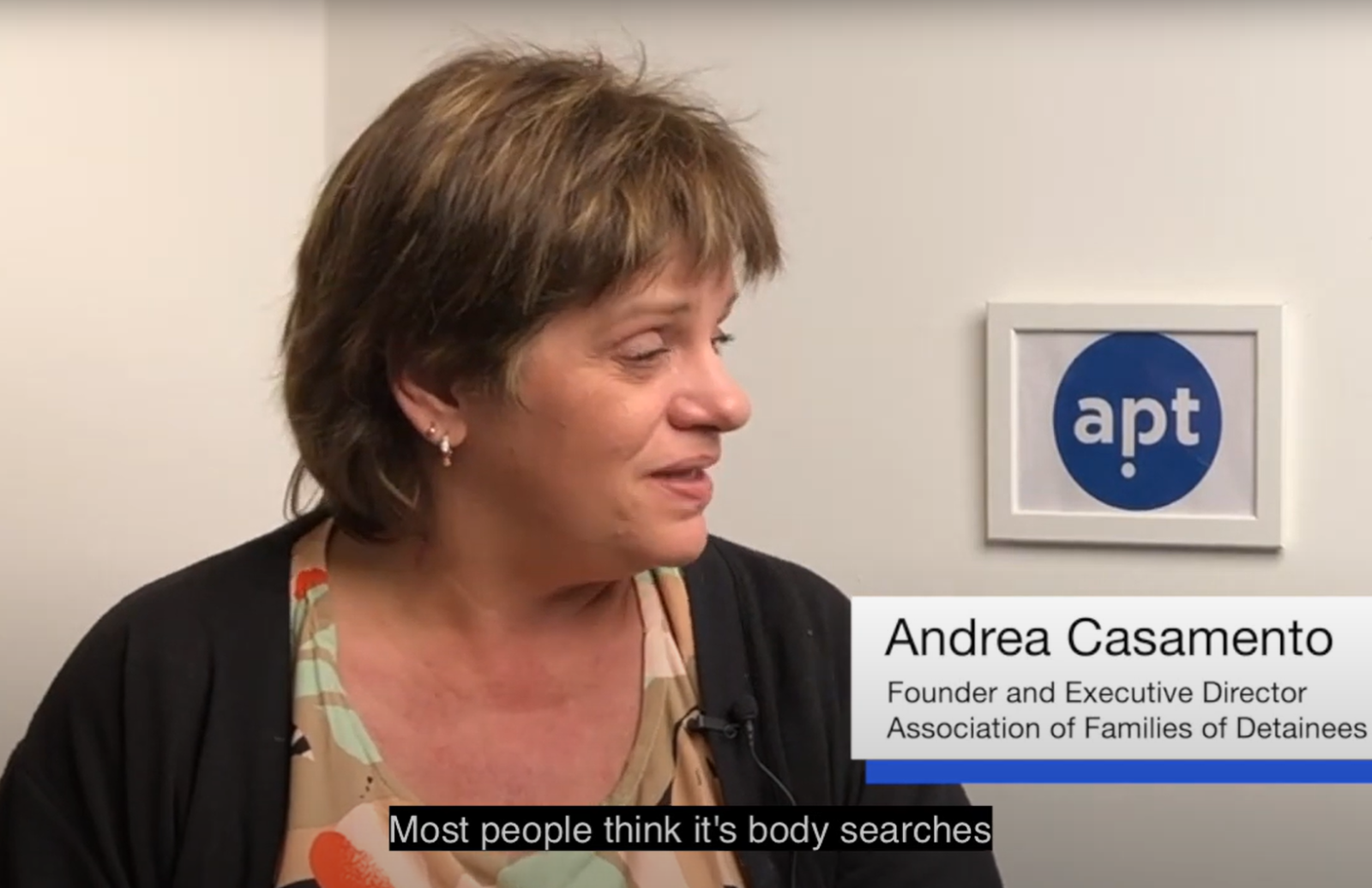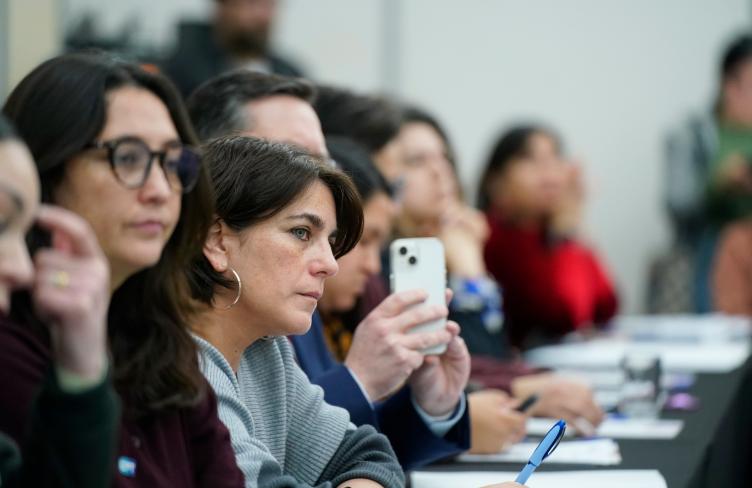
International human rights standards set out that detainees have the right to direct and personal contact with family members. States are required to take all reasonable means to encourage and facilitate this contact. In practice, invasive body searches represent a significant barrier for family visits.
Every week around the globe, thousands of women and girls are subjected to invasive body searches simply for exercising their right to visit a loved one in prison. Prison administrations argue the procedures are necessary to maintain security and order. However, body searches are inherently humiliating and degrading.
Women and girls may be obliged to strip naked in front of guards, while squatting and opening their genitals for visual inspection. Such practices violate their dignity and their physical and psychological integrity.
However, family members are often unwilling to denounce the practice of body searches. Many are afraid to speak out or complain. They fear that doing so will mean they will lose access to visit the prison or that their family member will face retaliation from the prison administration.
In this interview, Andrea Casamento, founder of Prisoners’ Families Association of Argentina, (ACIFAD) and member of the Subcomittee for the Prevention of Torture (SPT), describes how women family members often “normalise” abusive body searches. They have been conditioned to believe that it is the price one must pay for seeing a relative in prison. And, out of love for that person, they agree to pay such price.
Nevertheless, alternatives are available. Body scanners and ION scanners are an effective and non-invasive alternative to body searches respects the dignity of women visitors. Family associations, like Andrea’s, are actors for change and play a fundamental role to make this alternative a reality.


